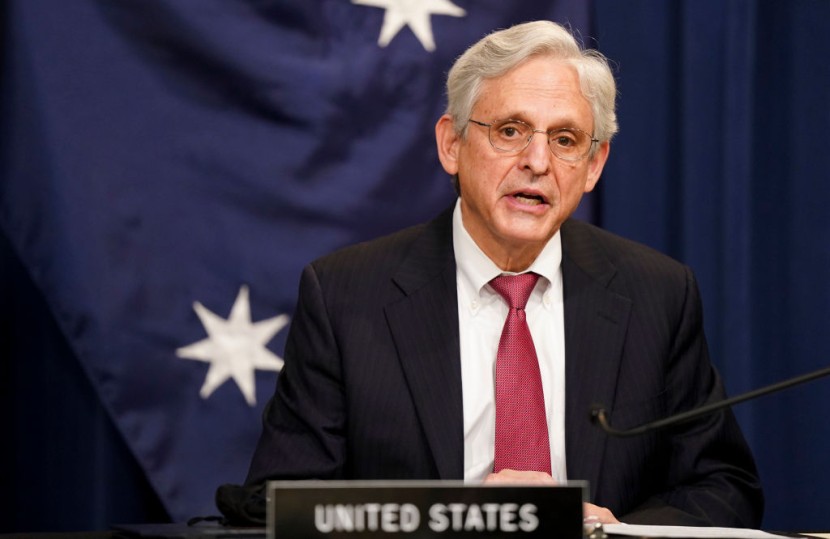
A United States federal judge overturned a roughly $4.5 billion settlement that provided legal protection to members of the Sackler family, accused of fueling the country's opioid epidemic.
In a written opinion on Thursday, U.S. District Judge Colleen McMahon said that the New York bankruptcy court that approved the massive settlement did not have sufficient authority to grant the Sackler family legal protection from future opioid litigation.
Massive $4.5 Billion Settlement
The protection formed the linchpin of Purdue Pharma LP's reorganization. In a statement, the company's chairman, Steve Miller, said that the judge's decision did not directly affect Purdue's operational stability or its capability to produce its many medications safely and effectively. However, the official said the decision could delay and potentially end the ability of creditors, communities, and individuals to receive financial support to abate the opioid crisis.
In exchange for the $4.5 billion settlement toward resolving widespread opioid litigation, the Sackler family insisted on legal protection, which is known as non-debtor releases. They provide shielding to parties that have not filed for bankruptcy themselves, Reuters reported.
Lawyers representing a small group of states that had previously appealed the plan quickly praised the judge's ruling. They argued that it was a "seismic victory" for both justice and accountability that will enable the reopening of the deeply flawed Purdue bankruptcy. The legal experts added that it would force the Sackler family to confront the pain and suffering that they have caused to victims, the attorney general of Connecticut, William Tong, said.
Members of Congress have, in recent months, proposed legislation called "The Sackler Act" that would prevent owners from gaining access to legal protections unless they file for bankruptcy themselves. But even in the case that the bill is passed, there is little chance it would be passed into law in time to resolve the Purdue case.
Ensuring True Accountability
McMahon all but openly invited the U.S. Court of Appeals for the Second Circuit in her ruling to weigh in on the case. While several appellate courts have expressed their disagreement on the matter, the federal judge wrote in her 142-page assessment that "the lower courts desperately need a clear answer," the New York Times reported.
In a statement, Attorney General Merrick Garland said that he was quite pleased with the federal judge's ruling on the case. The official said that the bankruptcy court did not have sufficient authority to prevent the right of victims to sue the Sackler family.
Another official, Washington State Attorney General Bob Ferguson, who previously objected to Purdue's reorganization, praised McMahon's ruling. Ferguson said that there should not be two forms of justice, one that caters to ordinary Americans and the other supporting billionaires.
Ferguson added that he was willing to take the fight against the Sackler family all the way to the Supreme Court if necessary. The official said that he wanted to ensure true accountability for the perpetrators involved in the fueling of the opioid crisis in the United States that has caused widespread suffering to many Americans, CNBC reported.
Related Article: Trump Allies Allegedly Made PowerPoint Detailing Jan. 6 Coup Plan To Prevent Certification of Biden's Presidential Win
© 2026 HNGN, All rights reserved. Do not reproduce without permission.








